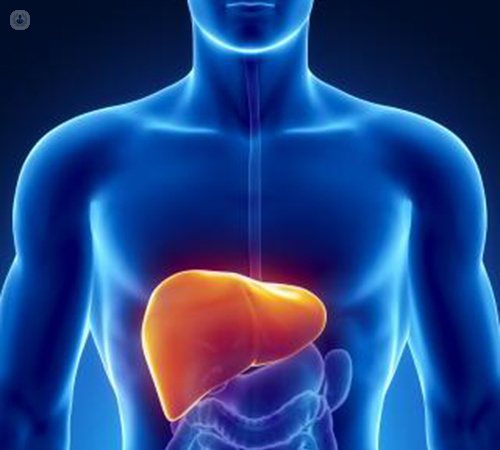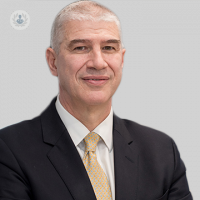Liver transplant: donors, surgery and success rate
Written by:The liver is an important organ in the body. It provides essential function to the patient, which means that without it we cannot live. There are several diseases that can cause a drastic or a more relentless decreasing function of the liver. The most dramatic is acute liver failure, where the liver suddenly stops functioning. It means that a specialist needs to provide function, which could mean a new liver in a matter of hours or days.

There are diseases that cause liver function decay that can slowly decrease a person's ability to function because the liver does not work well. In this case, a consultant surgeon is happy to evaluate whether the substitution of the liver (a liver transplant) can provide new function and therefore new life to patients.
How to find a liver donor
There is difficulty in finding donors. As a matter of fact, a donor can be a person who has unfortunately passed away, which is known as a deceased donor. Or, there is a live donor—a person who is generous enough to offer part of his liver to a dear friend or a beloved person in the family.
Unfortunately, there are not enough livers to supply to the high demand of transplantations for patients. Specialists then resort in using organs and even dividing them in two, or they suggest to family members to donate a part of the liver. The liver indeed is a fantastic organ. It is one but it can be divided in two or even more parts, so that both the sick person and the donor, can live with one organ divided for two.
What does liver transplant surgery entail?
The surgical process is a complex series of procedures that starts with a selection and then preparation of the patient. Second, the selection and harvest of the organ, either from a diseased donor or from a live donor, and then there is an operation that has become nowadays a routine.
A liver can last a whole life and there are patients who were transplanted as children and are now adults with families, becoming older and living a normal life. The liver transplantation is one of the biggest operations provided today in a surgical community. It is an operation where patients, organs and centres are selected in such a way to obtain optimal results for our patients.
How successful is liver transplantation?
The success rate of a liver transplantation has steadily improved overtime. Nowadays, a transplantation can support life in more than 90 per cent of patients one year on from the operation. It can provide life for years and years in the figures of approximately 70-80 per cent at five years and 60-70 per cent at ten years. Liver transplantation has become so good that nowadays, more organs are needed to provide longer life to patients.


